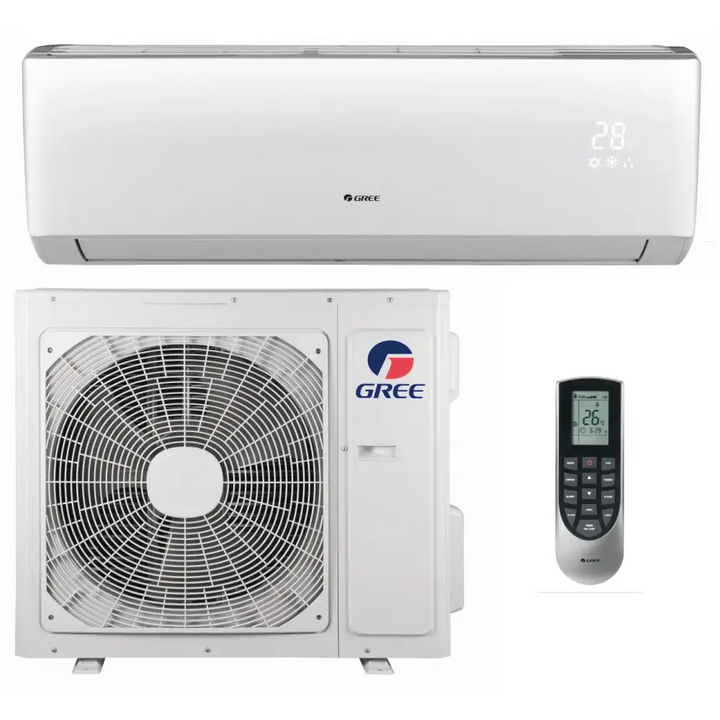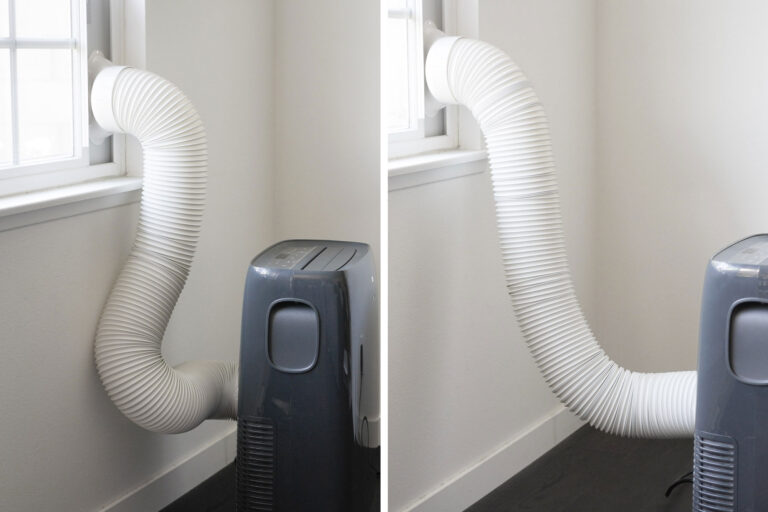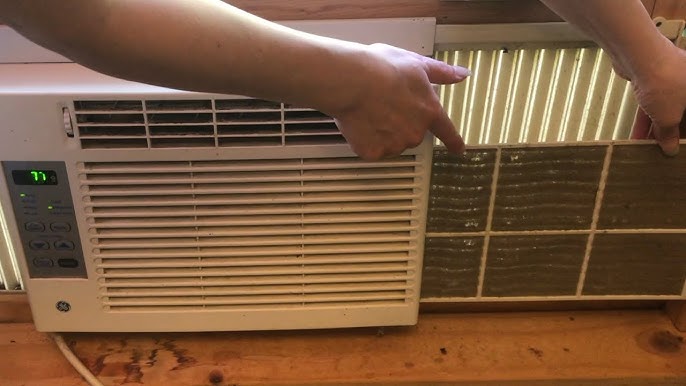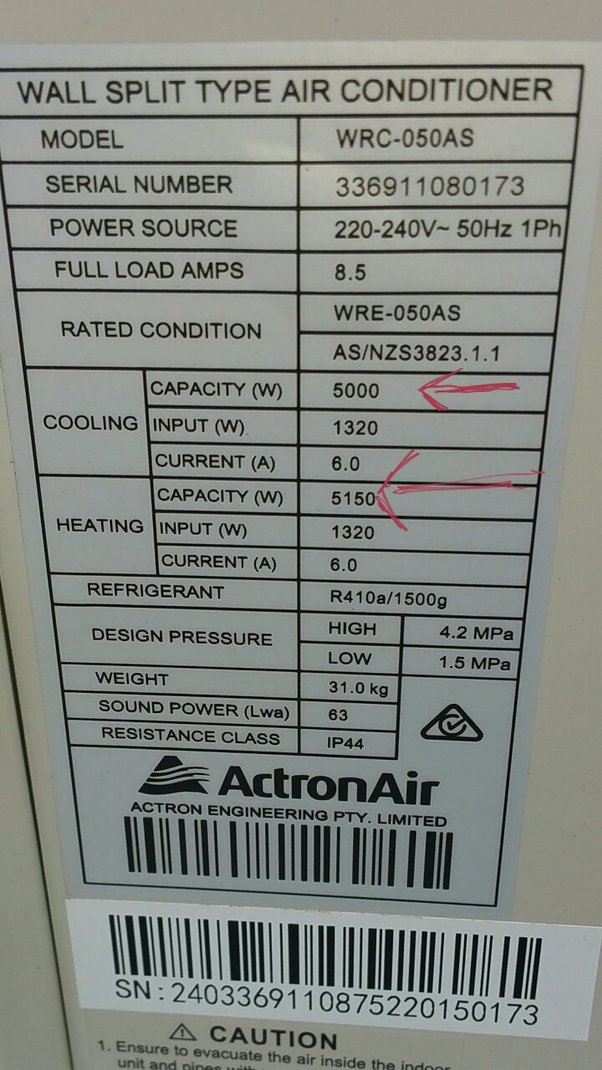Should I Leave My Inverter AC On All The Time: Energy-Saving Tips
Leaving your inverter AC on all the time is not recommended. It can increase energy consumption and wear out the unit faster.
Inverter ACs are designed to be energy-efficient by adjusting their compressor speed to maintain the desired temperature. They are more efficient than traditional air conditioners. Continuous operation can still lead to higher energy bills and unnecessary wear and tear. Instead, use a programmable thermostat to set specific times for your AC to run.
This approach helps in maintaining comfort while optimizing energy use. Proper maintenance and regular servicing also ensure the AC runs efficiently. Striking a balance between comfort and energy efficiency is key to maximizing the benefits of your inverter AC.
Introduction To Inverter Acs
Inverter ACs are the newest advancement in air conditioning technology. They offer better energy efficiency and cooling performance. Many homeowners are curious about their benefits.
What Is An Inverter Ac?
An Inverter AC is a type of air conditioner with a variable speed compressor. Unlike traditional ACs, it can adjust its speed to maintain the desired room temperature. This results in lower energy consumption and increased comfort.
How Inverter Acs Work
Inverter ACs work by adjusting the speed of the compressor motor. This allows the AC to run more efficiently and quietly.
- They maintain a constant temperature by running at variable speeds.
- They consume less electricity compared to traditional ACs.
- They reduce wear and tear on the compressor.
Here’s a simple comparison table to understand better:
| Feature | Inverter AC | Traditional AC |
|---|---|---|
| Speed Control | Variable | Fixed |
| Energy Efficiency | High | Low |
| Noise Level | Low | High |
Inverter ACs are a great choice for modern homes.
Pros Of Keeping Inverter Ac On
Keeping your inverter AC on all the time has several advantages. It can offer benefits like consistent temperature and improved energy efficiency. Let’s explore these benefits in detail.
Consistent Temperature
One major benefit is maintaining a consistent temperature in your home. The inverter AC adjusts its speed to keep the room temperature stable. This means fewer fluctuations and a more comfortable environment.
A stable temperature also reduces the strain on the AC unit. This can extend the lifespan of your appliance. Plus, a consistent climate can be beneficial for those with health conditions.
Energy Efficiency
Inverter ACs are known for their energy efficiency. These units consume less power compared to traditional air conditioners. They adjust their speed based on the room’s temperature, which saves energy.
Here’s a simple comparison to illustrate the energy savings:
| Traditional AC | Inverter AC |
|---|---|
| Fixed speed, high power usage | Variable speed, lower power usage |
| On/Off cycles | Continuous operation |
| Higher electricity bills | Lower electricity bills |
By running your inverter AC continuously, you can achieve better energy savings. This not only cuts down your electricity bills but also reduces your carbon footprint.
Cons Of Leaving Inverter Ac On
Leaving your Inverter AC on all the time might seem convenient. But, it has some drawbacks. Let’s explore the cons of leaving your Inverter AC on continuously.
Wear And Tear
Your Inverter AC is a machine. Running it non-stop increases wear and tear. Parts like the compressor and fan motor wear out faster. This can lead to frequent repairs. You might need to replace parts sooner. Regular maintenance also becomes a necessity. This adds to your overall costs.
Higher Electricity Bills
An Inverter AC is designed to be energy efficient. But running it all the time consumes more electricity. Even though it adjusts power usage, it still runs. This constant use adds up. Your electricity bills will be higher. It might not be noticeable at first. Over time, the costs can become significant. You might find yourself paying more than expected.
| Cons | Details |
|---|---|
| Wear and Tear | Continuous use increases wear on parts, leading to more repairs. |
| Higher Electricity Bills | Non-stop operation results in higher power consumption and bills. |
- Wear and Tear: Running 24/7 wears out parts faster.
- Higher Electricity Bills: Continuous use leads to higher energy costs.
- Frequent repairs due to wear and tear.
- Higher electricity bills over time.
Leaving your Inverter AC on all the time has clear drawbacks. Understanding these can help you make better decisions about its use.
Energy-saving Myths
Many believe certain actions save energy with their AC. Yet, misconceptions can lead to higher bills. Let’s debunk these myths.
Turning Ac Off Saves Money
People think turning off the AC saves money. They believe it reduces energy use. This isn’t always true. Frequent on-off cycles can use more energy.
Inverter ACs adjust to maintain room temperature. They run at lower power. Turning them off means they must work harder later. This uses more energy.
Consider this example:
| Action | Energy Use |
|---|---|
| Turn Off AC | High during restart |
| Leave AC On | Low, consistent |
Inverter Acs Use More Energy
Some think inverter ACs use more energy. This is false. Inverter ACs are designed to be efficient. They use less power over time. <pInverter ACs adjust their speed. They don’t run at full power constantly. This saves energy. Here are some benefits:
- Consistent Temperature: No sudden changes.
- Less Wear: Parts last longer.
- Quiet Operation: Less noise in your home.
Using an inverter AC wisely saves money. It also keeps your home comfortable.
Optimal Usage Tips
Leaving your inverter AC on all the time can be costly. Knowing the best ways to use it can save money. Here are some tips to get the best from your inverter AC.
Setting The Right Temperature
Setting the right temperature is crucial for saving energy. For most homes, 24°C to 26°C is ideal. This range keeps the room cool without overworking the unit. Avoid setting the temperature too low. It won’t cool the room faster but will use more energy.
Using Timers And Sleep Mode
Using the timer feature can help control your AC usage. Set the timer to turn off the AC after you fall asleep. This avoids running it all night.
Sleep mode is another useful feature. It adjusts the temperature gradually to save energy. The room stays comfortable without the AC running at full power.
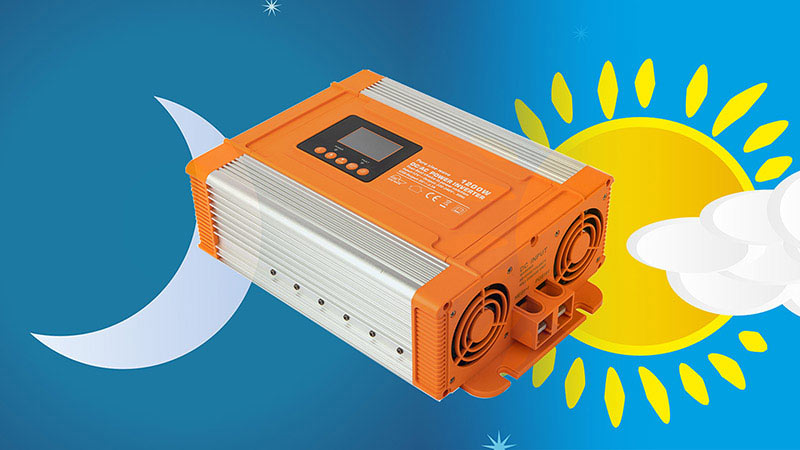
Credit: www.carspa.cc
Maintenance For Efficiency
Maintaining your inverter AC is crucial for its efficiency. Regular upkeep ensures optimal performance and longevity. Here’s how you can keep your unit running smoothly.
Regular Cleaning
Cleaning your inverter AC regularly is essential. Dust and debris can clog filters and vents.
- Check filters monthly.
- Wash or replace filters as needed.
- Clean the exterior and vents.
Use a soft cloth to wipe the exterior. Avoid harsh chemicals.
Professional Servicing
Schedule professional servicing at least once a year. Experts can identify hidden issues.
| Service Task | Frequency |
|---|---|
| Check refrigerant levels | Annually |
| Inspect electrical components | Annually |
| Clean evaporator and condenser coils | Annually |
Professional servicing ensures your AC runs efficiently. It prevents costly repairs.
Alternative Cooling Methods
Leaving an inverter AC on all the time can be costly. Exploring alternative cooling methods can save energy and money. Here are some effective ways to keep your home cool without relying solely on your AC.
Ceiling Fans
Ceiling fans are a simple yet effective way to cool a room. They help circulate air, making you feel cooler even without lowering the temperature. Here are some benefits:
- Energy-efficient
- Cost-effective
- Easy to install
Setting the fan to rotate counterclockwise pushes cool air down. This creates a breeze effect, enhancing comfort.
Natural Ventilation
Natural ventilation uses windows and doors to let cool air in and hot air out. It’s eco-friendly and doesn’t require electricity. Here are some tips:
- Open windows at night when it’s cooler.
- Close windows and blinds during the day to keep heat out.
- Use window fans to enhance airflow.
Cross-ventilation, where air flows from one side of the house to the other, is especially effective.
Credit: www.reddit.com
Conclusion And Recommendations
Deciding whether to keep your inverter AC on all the time can be tricky. The decision impacts both comfort and electricity bills. Here, we provide some practical advice.
Balancing Comfort And Cost
To balance comfort and cost, consider your daily routine. If someone is always home, keeping the AC on may be worthwhile. Inverter ACs are energy-efficient and maintain a steady temperature. This can be more cost-effective than turning it off and on.
Using a programmable thermostat helps. Set the temperature according to your schedule. This way, your home stays cool without wasting energy.
| Scenario | Recommendation |
|---|---|
| Home all day | Keep AC on |
| Away for several hours | Turn off or set higher temperature |
| Night time | Use sleep mode |
Final Thoughts
Your comfort and budget should guide your decision. Inverter ACs offer flexibility and savings. Use them wisely to enjoy a cool home without high bills.
By understanding your needs, you can make the best choice. Keep your home cool and your wallet happy.

Credit: www.reddit.com
Frequently Asked Questions
How Long Can You Leave An Inverter Ac On?
You can leave an inverter AC on 24/7. It adjusts power consumption, making it efficient and safe for continuous use.
How Many Hours Should An Inverter Ac Run Daily?
An inverter AC should run for 8-12 hours daily for optimal performance and energy efficiency. Usage may vary based on climate and needs.
How To Properly Use Inverter Ac To Save Electricity?
Set the temperature to 24-26°C for optimal efficiency. Keep doors and windows closed. Clean filters regularly. Use energy-saving mode. Schedule periodic maintenance.
Conclusion
Leaving your inverter AC on all the time depends on your needs and lifestyle. For energy efficiency, consider usage patterns. Regular maintenance ensures optimal performance. Weigh the pros and cons to make an informed decision. Ultimately, balance comfort and energy savings for the best results.

